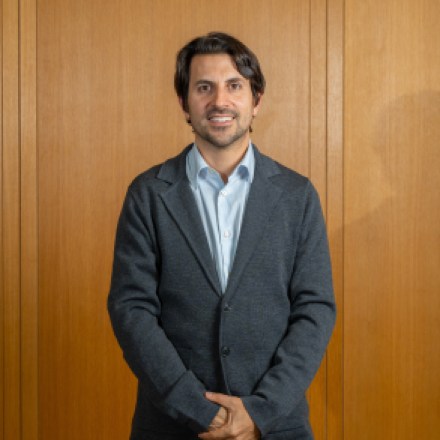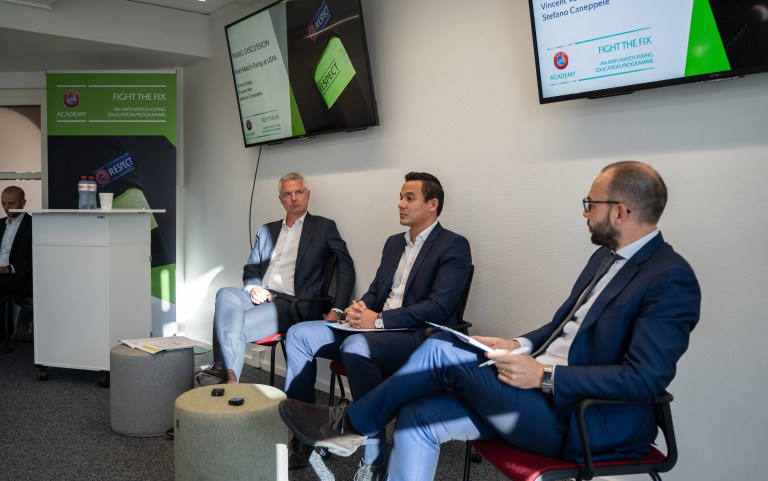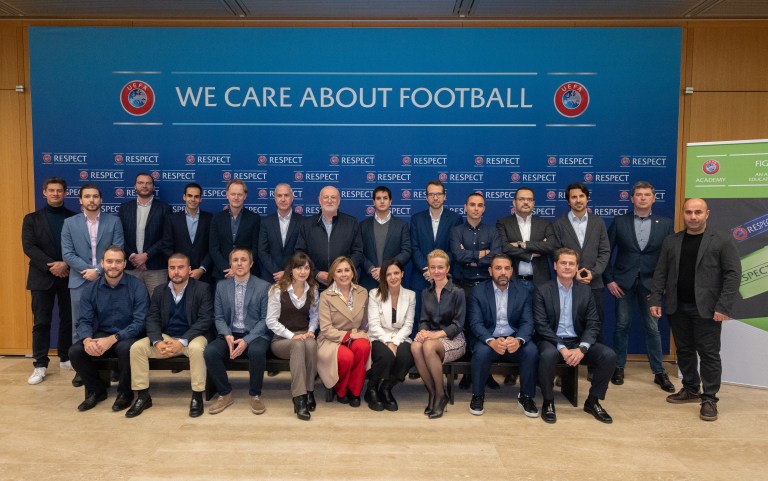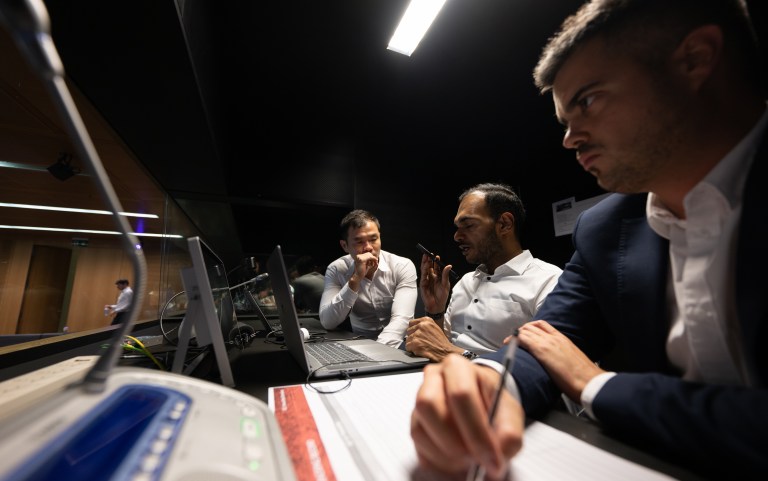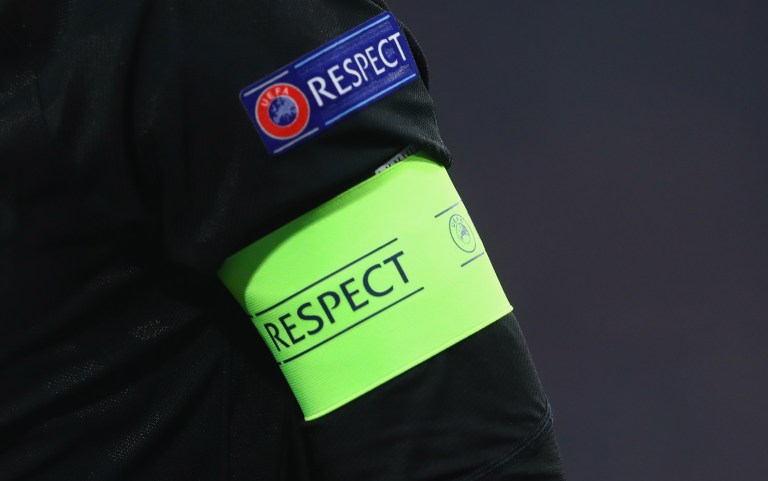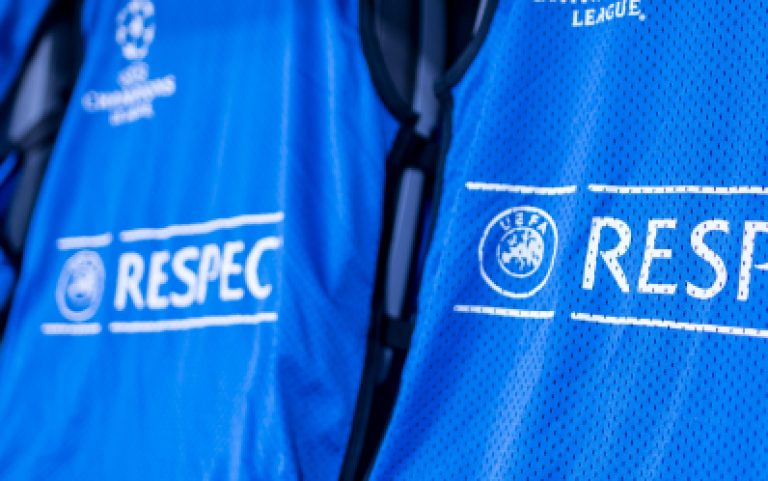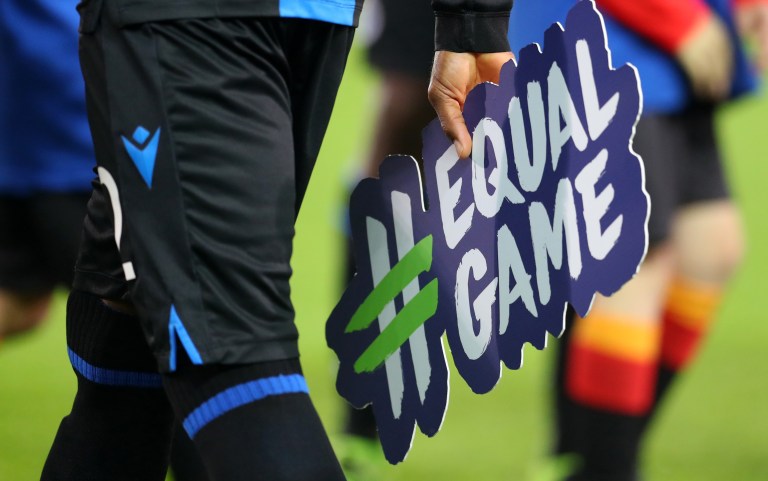Fight The Fix (UEFA FTF)
The Fight The Fix programme (UEFA FTF) equips professionals involved in fighting match-fixing with the knowledge, tools and skills needed to gather intelligence, lead investigations and assist in prosecution proceedings.
Programme overview
The UEFA FTF programme is a unique training opportunity for professionals working in the field of anti-match-fixing, focusing on the competencies required to lead investigations and prosecute those involved. As well as providing participants with an in-depth knowledge of the phenomenon, the latest developments and monitoring tools, it also addresses the conditions and procedures of investigation and prosecution, from A to Z.
To develop capacities and strengthen relationships, the programme is also open to and beneficial for representatives of other institutions involved in the fight against match-fixing, such as public and law enforcement authorities and other sports organisations. The programme is designed to accommodate different profiles and backgrounds, taking into consideration differences and synergies among the participants when organising group work and activities.
Quick view
Faq
- Who Integrity officers and representatives of institutions involved in fighting match-fixing, such as public and law enforcement authorities, and sports organisations
- When Every second year; Second intake starts in October 2024
- How long Three one-week sessions over six months
- Where Iconic locations over Europe
- Price €4,900
- Number of participants 24 (max.)
- Certification Certificate of completion from the UEFA Academy and the University of Lausanne
- Language English
- Inclusivity and Diversity We welcome all participants from diverse backgrounds and cultures, recognising the unique value that diversity brings to our community. If you have any uncertainties about meeting specific programme criteria, we encourage you to reach out to us.
Important dates
- 13 May 2024 Applications open for the second edition
- 01 Jul 2024 Applications close for the second edition
- 31 Oct 2024 Programme starts
Takeaways
- Analytical and technical skills and intelligence-gathering and investigation (I&I) capabilities needed to successfully identify, investigate and prosecute match-fixing cases
- Key tools and methodologies used in detecting and assessing suspected match-fixing
- Guidance on analysing data collected from a wide range of sources
- Best practices for information sharing and storage
- Skills needed for effective witness inquiry management, investigative report writing and hearing preparations
- How to collate sufficient admissible evidence to go to sports courts
- How to work effectively alongside public authorities and law enforcement
Roadmap
In line with the programme’s emphasis on hands-on practice, a fictitious match-fixing case will run the length of the programme. Working in small groups, participants will investigate suspected match-fixing, following the full intelligence and investigation process from identification to prosecution. The final stage will be a moot court, in which participants will be involved in simulated sports arbitration proceedings.
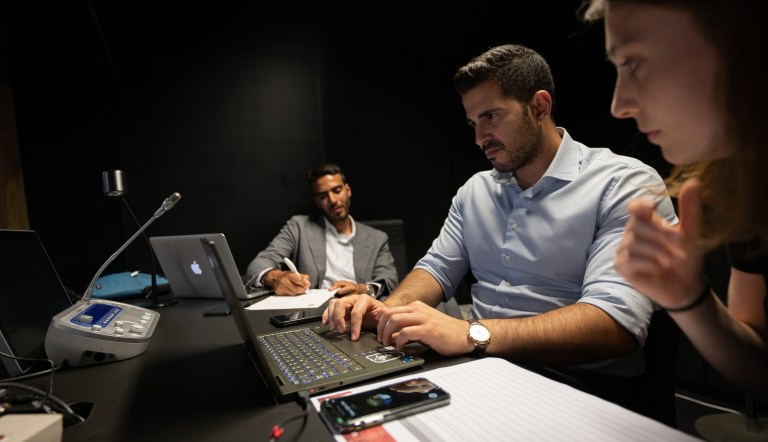
A short introduction to the programme, its main actors, components and participants
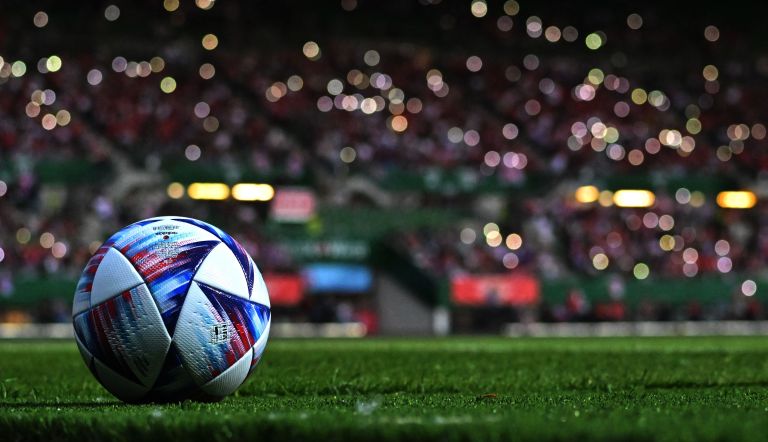
This session’s primary goal will be to put everyone on a level playing field in terms of defining match-fixing and recognising its early signs.
Participants will be introduced to the key concepts and main characteristics of match-fixing. They will also explore the wider landscape of match-fixing, including an in-depth analysis of the impact of sports betting.
This session will also establish the theoretical frameworks, detection best practices and analytical landscape.

This session will tackle the challenge of efficiently investigating match-fixing to provide evidence.
After having established the theoretical frameworks, participants will get acquainted with intelligence and investigation tools and techniques as well as information-sharing frameworks.
They will also have the opportunity to connect with law enforcement and national platforms and to hear from other international sports organisations.

This session will focus on prosecution and how to bring match-fixing evidence before courts effectively.
After having solidified their knowledge of the organs of justice in football and the CAS system, participants will have the opportunity to work on their interviewing techniques and develop the skills needed to prepare documentation and admissible elements to be brought to sports courts.
They will also have the chance practise and improve their presentation skills thanks to a dedicated workshop on how to speak in court.

WHAT OUR STUDENTS AND EXPERTS SAY

